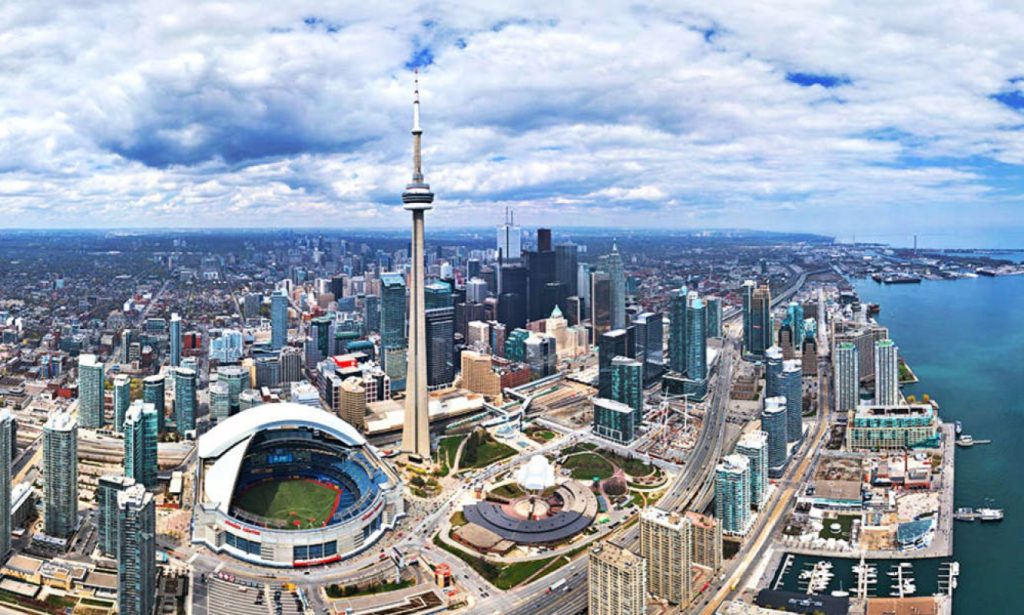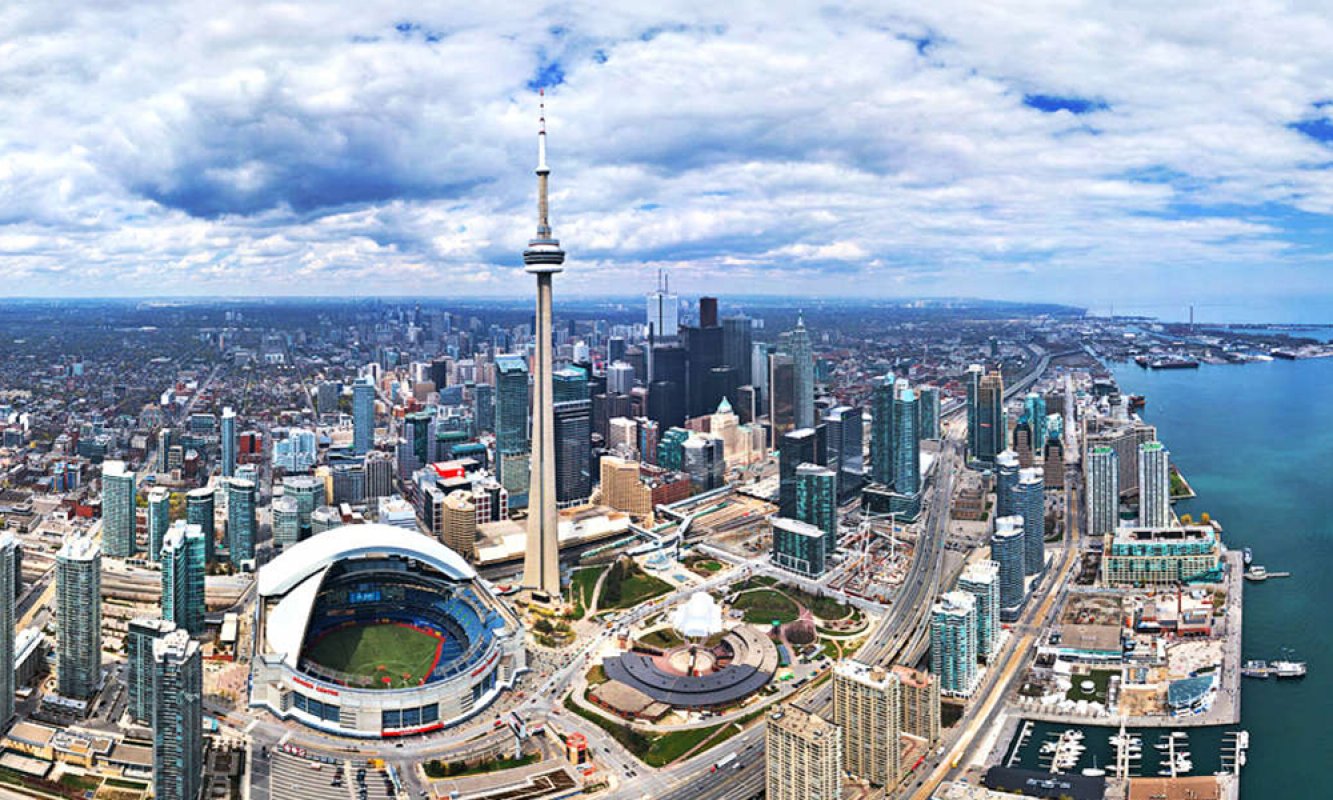Comprehensive Guide to Obtaining Canadian Residency
Canada, renowned for its breathtaking natural landscapes, high living standards, multicultural environment, and abundant economic opportunities, attracts individuals from across the globe. For those seeking to live in Canada for reasons such as education, employment, or family reunification, obtaining a residency permit is essential. This guide provides an in-depth overview of the various types of Canadian residency permits, application processes, requirements, and the pathway to permanent residency.

What is a Canadian Residency Permit?
A Canadian residency permit is an official document that allows foreign nationals to live in Canada temporarily or permanently. This permit can be obtained through various visa categories offered by the Canadian government. Common pathways include work permits, study permits, or family sponsorship. Once in Canada under these categories, individuals can apply for residency.
Types of Canadian Residency Permits
Canada offers several residency permits to cater to the diverse needs of immigrants. Below is a detailed breakdown:
Skilled Worker Residency Permit (Express Entry)
The Express Entry system is designed to attract skilled professionals to strengthen Canada’s labor market. It operates on a points-based system where applicants are evaluated on factors such as:
- Age: Younger applicants score higher.
- Education: Higher education levels, such as university degrees, increase points.
- Language Proficiency: High scores in English and/or French proficiency tests (e.g., IELTS, CELPIP) are required.
- Work Experience: Relevant job experience boosts your score.
- Job Offer in Canada: A formal job offer from a Canadian employer significantly increases your chances.
Applicants with the highest scores are invited to apply for residency through the Express Entry system.
Self-Employed Residency Permit
This category is for individuals with the potential to contribute to Canada’s cultural, artistic, or athletic sectors. To qualify, applicants must:
- Demonstrate international recognition or success in their field.
- Show a viable plan to establish themselves economically in Canada through self-employment.
- Possess at least two years of relevant professional experience.
Entrepreneur Residency Permit
Entrepreneurs planning to establish innovative businesses that benefit Canada’s economy may qualify for this permit. Eligibility criteria include:
- A business plan that creates jobs for Canadian citizens or residents.
- A business idea capable of competing in the global market.
Family Sponsorship Residency Permit
Family members residing in Canada can sponsor eligible relatives, such as spouses, children, or parents, for residency. Sponsors must prove their financial ability to support the applicant during the initial years in Canada.
Provincial Nominee Programs (PNPs)
Certain Canadian provinces and territories have unique immigration programs to address local labor shortages. Applicants willing to settle in a specific region can apply through these programs, provided they meet the region’s eligibility requirements.
Québec Immigration Program
Québec has its own immigration policies and offers residency programs tailored to individuals who plan to live and work in the province. Proficiency in French is often a key requirement for eligibility.
Study Permit
Foreign students accepted into Canadian educational institutions can apply for a study permit. This permit allows them to live in Canada temporarily while pursuing their studies. Additionally, many study permits include work privileges during the academic term.
How to Apply for a Canadian Residency Permit
The application process for a Canadian residency permit involves several steps:
- Obtain the Application Package: Download the application guide and document checklist from the official Immigration, Refugees, and Citizenship Canada (IRCC) website.
- Complete the Forms: Fill out the forms accurately and ensure all information is truthful.
- Pay the Fees: Submit application processing fees, biometric fees, and any additional charges online.
- Gather Necessary Documents: Collect required documents such as your passport, language test results, and invitation letters.
- Submit Your Application: Send the completed application package to the specified address or upload it online, depending on the program requirements.
Permanent Residency in Canada
Permanent residency (PR) is a significant step toward Canadian citizenship. PR holders enjoy most of the rights of citizens, such as access to healthcare and education, but cannot vote. Key requirements for PR include:
- Spending at least 730 days in Canada within the last five years.
- Passing criminal and medical background checks.
Popular pathways to PR include the Express Entry system, Provincial Nominee Programs, and sponsorship by a family member.
Can You Get Residency by Buying Property in Canada?
Purchasing real estate in Canada does not automatically qualify you for residency. However, owning property can strengthen your case in residency applications under certain circumstances. To stay longer than six months, a permanent residency application is necessary.
Key Benefits of Canadian Residency
- Access to world-class healthcare and education systems.
- The ability to work and live anywhere in the country.
- Opportunities to apply for citizenship after meeting residency requirements.
Conclusion
Securing Canadian residency requires thorough planning and adherence to specific requirements. By understanding the options available and preparing accordingly, you can navigate the application process successfully. If you find the procedures overwhelming, consider consulting with an immigration expert for personalized guidance.

